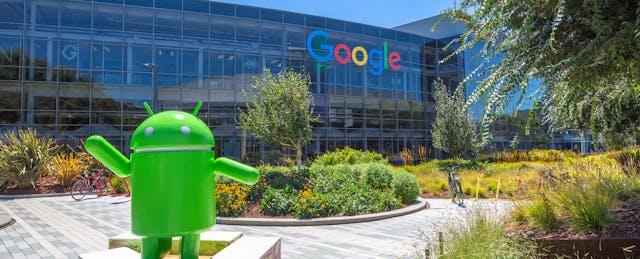Just last week David Miyashiro, superintendent of Cajon Valley Union School District, took his colleagues on a tour of AltSchool in Yerba Buena, Calif. Little did they know that the model was struggling and would be closing two schools by the end of the school year.
“It’s disheartening,” Miyashiro says in an interview with EdSurge.
AltSchool, the education startup founded by former Google employee Max Ventilla, has so far juggled two businesses: building software to sell to other schools, and operating “micro-schools” where children and teachers enjoy small class sizes that also use technologies built by the company. That latter effort seems to be on hold, though. Last week AltSchool announced it would be closing its Palo Alto campus, along with another one in the East Village in New York City.
That leaves four brick-and-mortar locations: Fort Mason and Yerba Buena (in San Francisco), along with Brooklyn Heights and Union Square (in New York City).
In an email to parents sent on October 29th, Ventilla noted that this pivot had nothing to do with the school’s quality, but was necessary based on challenges facing them in their fifth year. “Specifically, AltSchool does not believe it should continue to operate remote school locations (away from SF and NYC offices) given its strategy, path to growth, and finances,” the letter reads.
This move to close brick-and-mortar locations signals that the company, which has raised nearly $173 million in venture capital, is focusing its efforts squarely on selling “personalized” technology to schools. Last year the company began piloting its tool, dubbed “AltSchool Open,” to a select few schools. In an interview back in May, Ventilla told EdSurge that “our plan was to always start with running our own schools and then use them to build a platform that could be spread across more schools.”
For some educators, however, this pivot leaves them uneasy and wondering why a company that appeared philanthropic in its desire to improve education has now suddenly put profits first.
“How can you look at a kid and tell them you’re closing a school because you want to sell the platform to other schools? How do you think that’s going to make the kids feel, the parents feel?” says Francisco Castillo-Fierro, director of individualized learning at Cristo Rey San Jose Jesuit High School in California, in an interview. “It’s like they got all this seed money to build this really creative, innovative school. They charged families $30K, so they are not really doing much on the equity piece, and once they have a lot of families and kids involved they pull the rug out from under them.”
For its part, AltSchool says it will help New York families affected by closure find a spot in nearby AltSchool campuses, and those in Palo Alto “find placement in other local schools.”
Even before this pivot, multiple educators noted that AltSchool officials wasted no time pitching them their tech platform—offering partnerships and platform usage for a fee. Although some were impressed by the software, they worried that the costs seemed unduly high, beyond what most public schools can afford.
“And now they are going to sell the product for $150 to $500 per kid per year? I can’t see how that can be something that you could do and feel good about,” Castillo-Fierro explains. “Our schools could never afford a $150 dollar per person per year campaign. There’s no grant you could write that would be able to afford something like that.”
Jason Huffman, a principal at Butler Middle School in Pennsylvania, says despite AltSchool’s challenges, he will keep an eye on what they are doing, noting his plans to visit the company.
“You have to understand and know your competition, so as charter schools and things start to pop up, visiting gives us an ability to meet the competition,” Huffman explains.
Huffman says that he is not surprised that the schools are closing, pointing out that previous education reform models have fallen flat on their promises. “It’s the educational paradigm, coming back around.” He is also not too optimistic about the company’s plan to sell expensive technology to schools, noting that there are much cheaper tools, such as offerings from Future Ready, helping schools personalize education.
“That’s what’s amazing to me in the trend to get to personalized learning,” says Huffman. “The people who are being really successful are the ones who are using free stuff.”


